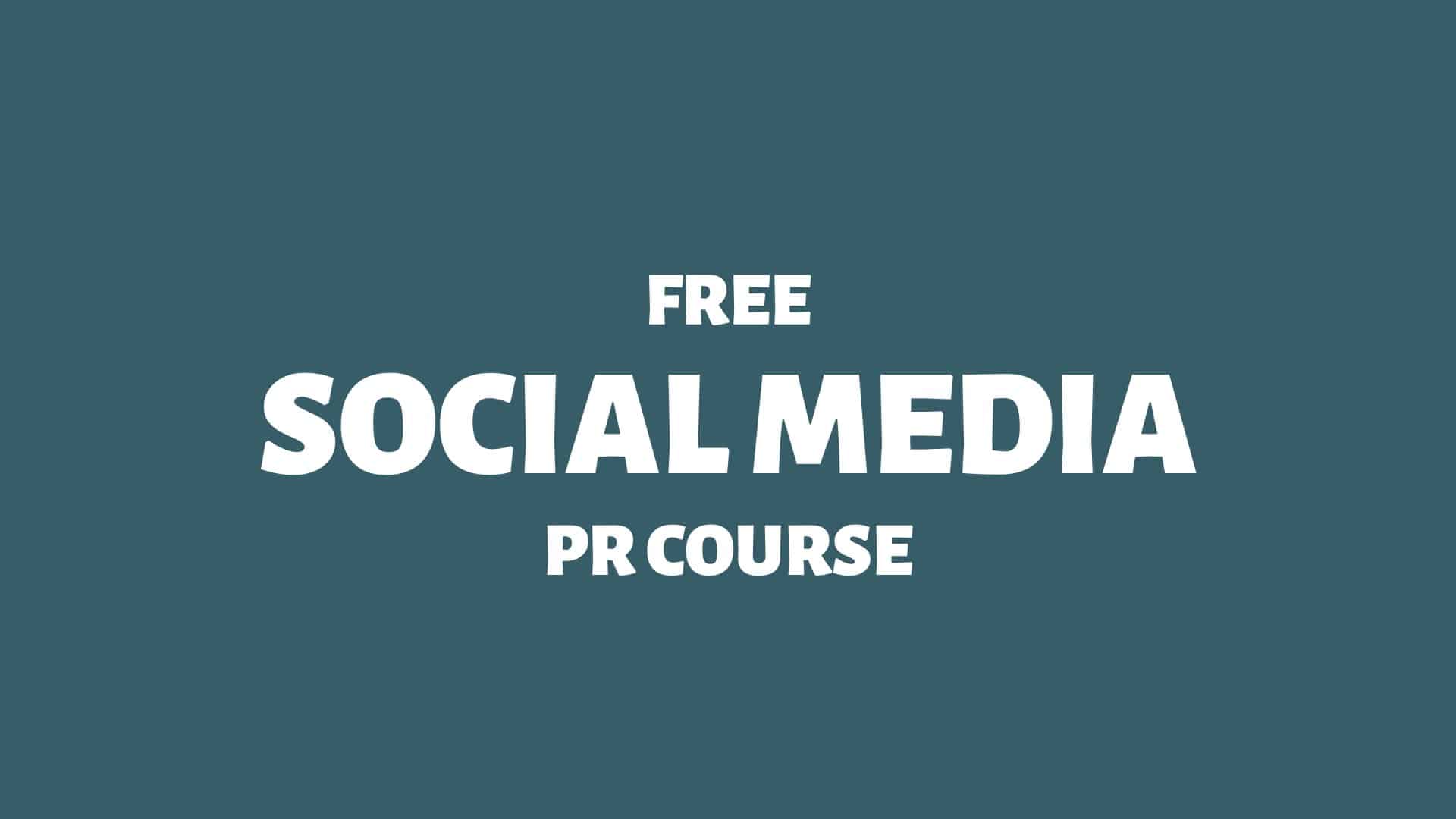Welcome to the social media complaint department.
Oh, haven’t you heard?
Social media algorithms are divisive and make us hate ourselves — and each other.
Oh, and excessive screen time is destroying our youth. It’s all a global Pavlovian experiment on our online brains.
Don’t forget that Mark Zuckerberg is a robot.
Meanwhile, they’re all spying on us.
Sure, I get it. I’m not disputing that some criticisms are highly relevant. (Except perhaps for that part about The Zuck. It’s not evident that he is a mighty AI overlord — yet.)
For better or worse — welcome to the internet.
When I started my PR career in 2005, I resisted my introverted nature. I proclaimed my message from the barricades to anyone willing to listen: our society’s digitalisation isn’t something the PR industry can ignore.
The days of the hippie web are long gone, but there was a time when digital-first was not apparent to everyone.
As a result, many of my business acquaintances are surprised when they hear me discuss social media from a critical perspective. “Wait, Jerry, I thought you loved everything digital?!”
To be clear, I’m not blaming anyone but myself for manifesting this general perception. I did tell hundreds of organisations to adapt to digital-first. My message wasn’t gentle; I gave them an ultimatum — adapt or die.
Does this mean that I love everything about social media? Does this mean that I love algorithms and filter bubbles? Does this mean that I love … the Zuck-bot?
I’m still a PR professional, goddammit.
My job is to help organisations negotiate various media channels and to protect them when the media gets things wrong (which still happens all the time, by the way).
Case in point: I think journalism is essential for democracy, but that doesn’t mean journalists always get things right. They don’t.
It’s not rational to convince yourself that journalists are either saints or sinners. Clinging to such simplistic dichotomies is a poor business mindset.
So, why convince yourself that social media must be altruistic or malicious? That, too, is a poor business mindset. It’s just your personal bias on the matter getting in the way.
Do social media algorithms make you feel bad about yourself? Does most of the content you’re exposed to seem pointless or dumb? Is no one interested in the content you share?
Don’t get mad.
Get smarter.
And skip the drama, please.
I don’t love it when journalists get things wrong.
I don’t love it when social media gets things wrong.
I’m only advising organisations to stop complaining and deal with whatever is in front of them. I was back then, and I am now.
I’m advocating a balanced view. Because the internet isn’t going anywhere.
I think of Jan Stenbeck (1942 – 2002), the legendary Swedish entrepreneur. His business philosophy, as described by biography author Per Andersson, can be summed up: 1Jan Stenbeck. (2023, December 26). In Wikipedia. https://en.wikipedia.org/wiki/Jan_Stenbeck 2Per Andersson (journalist). (2024, January 10). In Wikipedia. https://sv.wikipedia.org/wiki/Per_Andersson_(journalist)
Because guess what?
The playing field is the same for everyone. There are going to be winners and losers. Some will figure things out, and some won’t. Information technology is a rising tide, and while it’s not a law of nature, it’s a law of modern civilisation.
Contrary to popular belief, it’s not evident that Facebook, TikTok, or any social network is trying to enslave our minds or mould us into passive, mindless consumers.
Mostly, they’re just trying to show us ads.
Old-school politicians struggle to grasp social media. I can still hear the echo of Mark Zuckerberg’s words, “Senator, we run ads.”
So, the problem isn’t that these social networks are evil. A contrarian analysis would suggest that social networks are highly efficient service providers. The problem is that they’re too good at what they do.
This is also what I tell friends and family who feel like “algorithm victims.” And what I tell parents who hate their children’s smartphones, pads, and gaming stations.
Stop complaining and get busy winning instead.

THANKS FOR READING.
Need PR help? Hire me here.

What should you study next?
Spin Academy | Online PR Courses

Spin’s PR School: Free Social Media PR Course
Discover this free Social Media PR Course and master the art of digital public relations on social networks and platforms. Explore now for valuable insights!
Social Media Psychology
Social Media Management
Social Media Issues
Learn more: All Free PR Courses
💡 Subscribe and get a free ebook on how to get better PR.

Annotations
| 1 | Jan Stenbeck. (2023, December 26). In Wikipedia. https://en.wikipedia.org/wiki/Jan_Stenbeck |
|---|---|
| 2 | Per Andersson (journalist). (2024, January 10). In Wikipedia. https://sv.wikipedia.org/wiki/Per_Andersson_(journalist) |




Social Media Mechanics